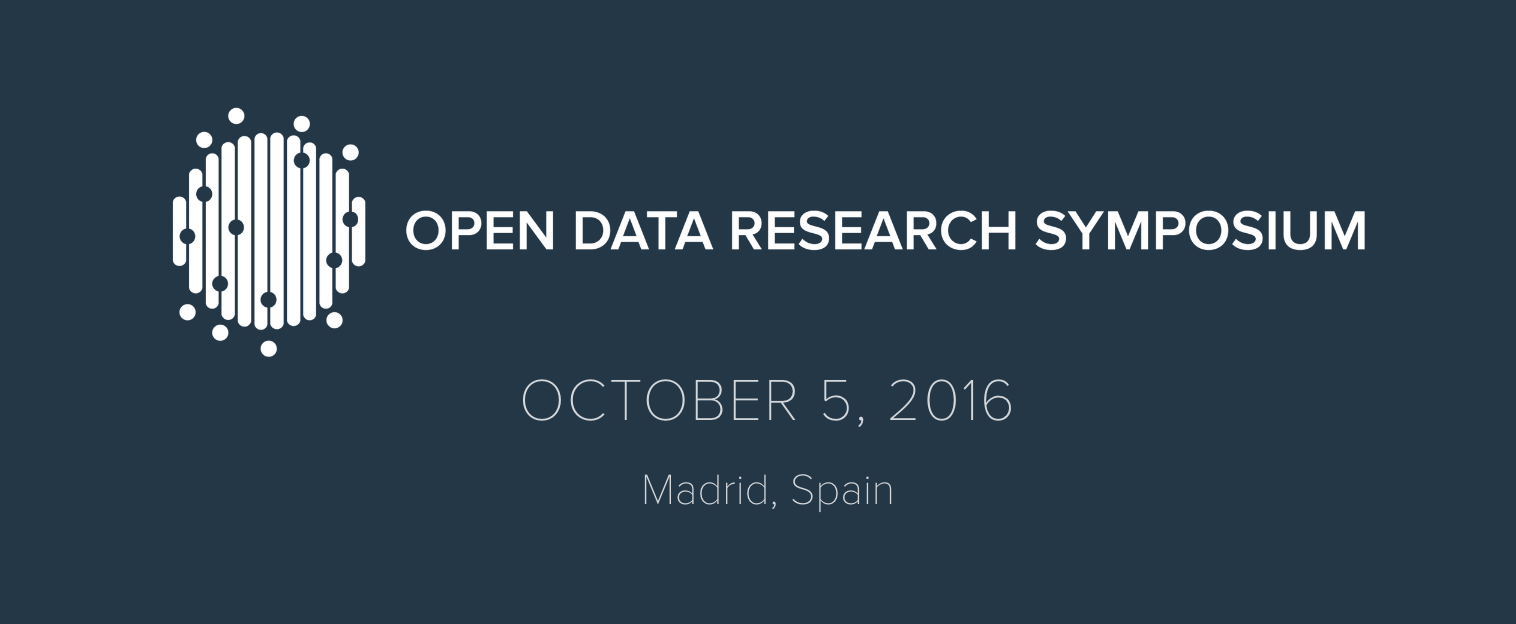
As part of the Open Data Research Symposium, our Open Data Lab Jakarta’s Research Manager Glenn Maail will be presenting a draft paper looking at the value and role of ‘intermediaries’ in open data initiatives on 5 October at 11:15 CET. So, what’s an ‘open data intermediary’? Do they really help projects to succeed? And how exactly are they involved?
What’s an “open data intermediary”?
An open data intermediary ‘is an agent positioned at some point in a data supply chain that incorporates an open dataset and facilitates the use of data that may otherwise not have been the case’. In practice, this means that anyone who takes data and turns it into information non-experts can understand is an intermediary. Often journalists or civic groups play this role by investigating and analysing government data, then using it to engage with citizens on issues that affect their lives.
Intermediaries are vital to both the supply and the use of open data—their role as bridges between data sources (like governments) and data end users (like citizens) means that they can influence what data is prioritised for release as well as what data citizens are likely to engage with. Moreover, prior research has underlined the important role (both technical and social) that intermediaries have in ensuring “effective use” and re-use of the data. They also help find and establish a match between data supply and demand.
Case studies: the role of intermediaries in transparency work
Looking at our experience from the Open Data for Transparency project in Indonesia and the Philippines, we found that intermediaries often adapt to the situation in question, but one thing is certain: their role is always crucial to the successful impact of open data work. You can read more about our findings below and concrete examples from our research draft presented at the Open Data Research Symposium. To pick out some highlights from it, here are three ways they help open data make positive change:
- Involvement of open data intermediaries, particularly civil society, lead to changes in both how the government uses the data and how it is shared with the public. The influence of civil society as an intermediary changes how government creates, prepares, and uses its own data. This, in turns, affects the institutionalisation of open data within government practices, as well as the long-term sustainability of open data initiatives.
- Open data initiatives create new spaces for government and civil society organisations to work together in building citizens’ trust. The sustainability of open data initiatives can be enhanced when intermediaries build their credibility as trusted partners of government. The ability to identify a gap in the current transparency programs of government and propose solutions to address it is critical to ensure the match between the needs of data suppliers and end-users. Making sure open data initiatives deliver real results citizens can feel reinforces the credibility of both the stakeholders acting as an intermediary, and the government which acts as data supplier.
- Open data intermediaries can improve public awareness of open data. For an open data initiative to sustain public awareness, especially in line with critical issues in society, a long-term interaction between the intermediaries and the end-users must be maintained. It may not be immediately obvious to citizens how to use open data, or why it is relevant to them. Intermediaries do this legwork for them, showing citizens how to engage and improve their day-to-day life using the new information.
Of course, the availability of good quality data, appropriate legal frameworks for making sure the data is truly open, and technical skills among intermediaries and government are also crucial. But this draft paper shows that these tools and skills alone still need human interaction to convert them into positive change on the ground. The open data community must work to support and strengthen intermediaries to promote sustainable open data impact.
If you enjoyed this post, follow the Web Foundation’s @ODLabJkt on Twitter to get the latest news on our projects and upcoming activities and events in the region. To learn more about this research or the Open Data for Transparency project, contact Glenn Maail at glenn@webfoundation.org or on Twitter @GlennMaail.
We hope to see you at the Open Data Research Symposium and at the International Open Data Conference this week!
Leave a Reply